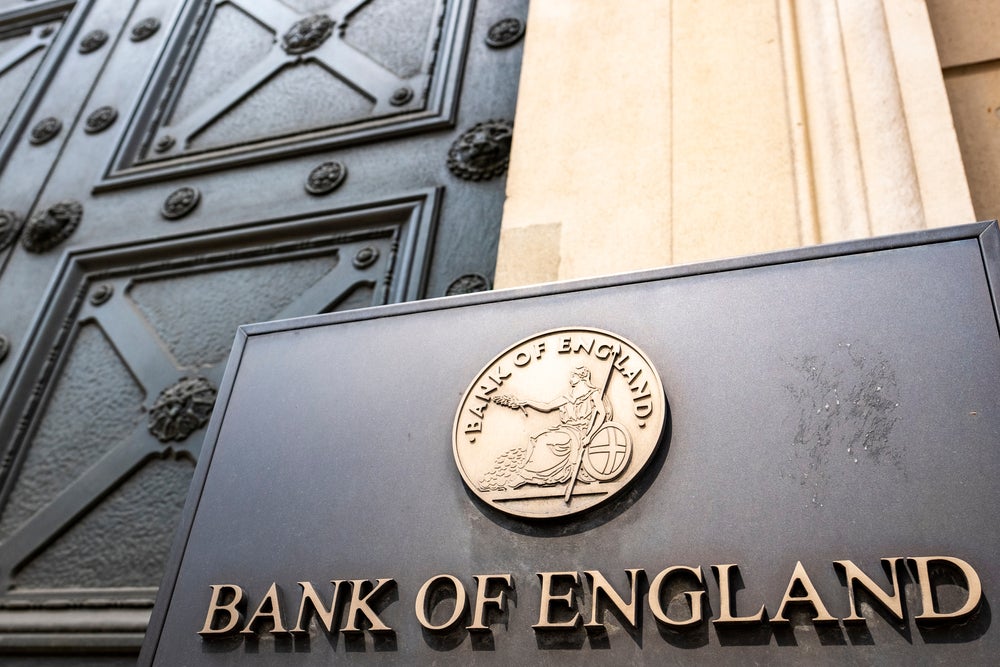
Mortgage brokers at L&C Mortgages have analysed search volume for various terms and queries about buying a house. This data revealed that an average of 58,200 monthly Google searches are made inquiring about interest rate changes.
Experts have answered the question and shared their expertise on how to deal with interest rate changes for those who are looking to purchase a property or for those whose fixed-rate mortgages are ending.
“When will interest rates change?” – 58,200 monthly global searches:
“Ultimately, there is no way to know when interest rates will fall or change. Usually, rates change every six weeks; however, the Bank of England has kept the rate at 5.25% for the second month. This is done to tackle recent high inflation figures, a significant problem in the UK.”
“It is forecast that rates could increase by a further 0.25% or 0.50%, potentially peaking at 5.75% and then falling over the next five years as inflation eases.”
Here are six tips on how you can deal with interest rate changes:
How well do you really know your competitors?
Access the most comprehensive Company Profiles on the market, powered by GlobalData. Save hours of research. Gain competitive edge.

Thank you!
Your download email will arrive shortly
Not ready to buy yet? Download a free sample
We are confident about the unique quality of our Company Profiles. However, we want you to make the most beneficial decision for your business, so we offer a free sample that you can download by submitting the below form
By GlobalDataThere is no one-solution-fits-all when dealing with interest rate changes. One thing a first-time buyer or those trying to manage their mortgage can do is to build their credit score. A high credit score implies that the risk of default is low, as you can make your repayments on time. This means that lenders will be more likely to offer lower interest rates when you are borrowing.
Overpaying your mortgage is a good option if you can do so. Though this may only be an option for some, this can help you be mortgage-free sooner. Overpaying your mortgage can dramatically reduce the amount of interest you pay and can reduce your monthly repayment amount.
Budgeting is also vital if you are worried about interest rate changes, or your fixed-rate mortgage is ending. This can help you cut out unnecessary expenses, which can either go toward savings, overpaying your mortgage or help with any bills. This can also ensure you prioritise your bills and that they are all paid on time, as missed payments will affect your credit score.
If your fixed-rate mortgage ends, you can speak to your lender about extending your fixed-rate mortgage. This will provide more certainty as you will know what your monthly repayment amount will be; however, there will be extra fees, and you will likely pay more interest over the term of your mortgage.
Another short-term option is switching to an interest-only mortgage. This allows your monthly repayments to stay the same, as you will only be paying back the interest on your mortgage; however, at the end of the term, you will be required to pay the total mortgage amount.






